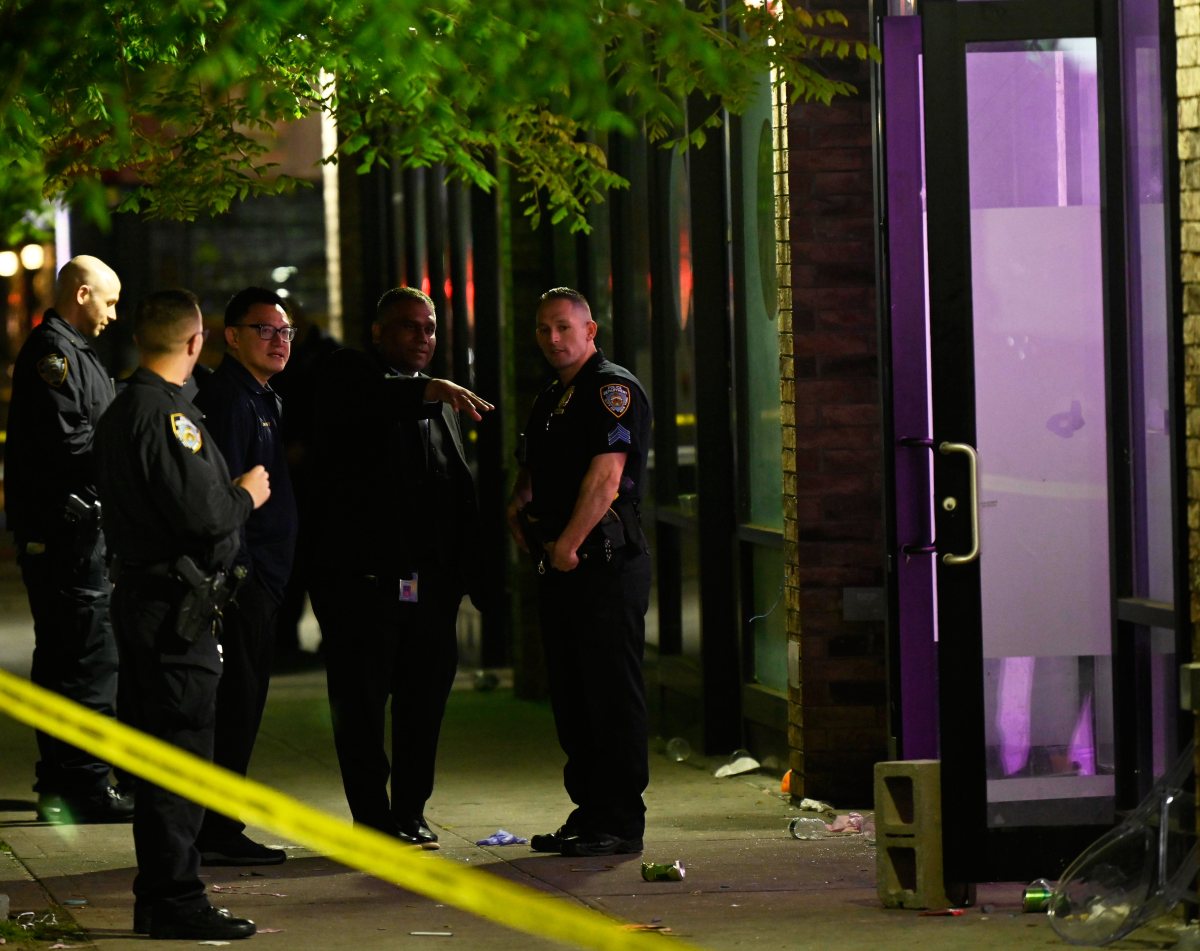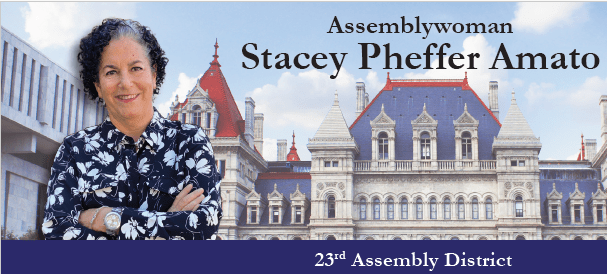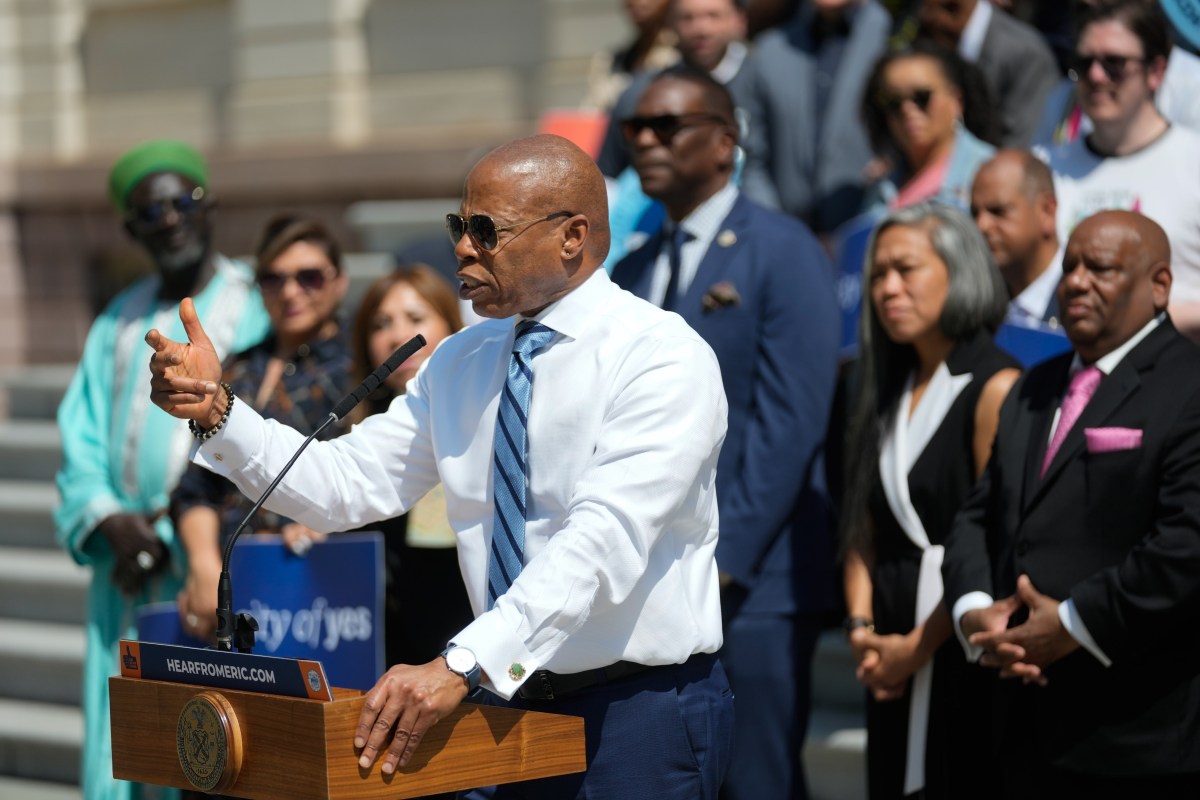Finding a way to make sure every Queens resident has a safe, secure place to live is one of the most important, and difficult, problems the borough faces.
Two possible solutions—shelters to help get the homeless into safe living situations, and the construction of more affordable housing to give lower- and middle-income families a fair chance at a home to call their own—have been fraught with controversy.
The recent proposal by Phipps Houses to construct a 10-story, 209-unit affordable-housing development on the edge of the Sunnyside Gardens historical district drew such heated opposition from neighborhood residents and City Councilman Jimmy Van Bramer that the application for the variance that would have allowed for the development’s construction was withdrawn last week.
Van Bramer not only voiced disapproval of the project’s scale and the developer’s unwillingness to incorporate changes desired by people who live in the surrounding commnity into the plan, he also questioned whether the cost of units in the development would be affordable enough to help those currently priced out of the housing market. A spokeswoman for the mayor countered by saying that the failure of the Phipps Houses project was “bad for our city and for working families struggling to pay their rent.”
For those families who have fallen through the cracks of the system, shelters are, while not perfect, at least a temporary way of providing some sense of security. But events of the past weeks have shown that creating more shelters is perhaps more contentious than is building affordable-housing projects.
Protests over the conversion of a Holiday Inn Express in Maspeth into a shelter for homeless families have brought things in the neighborhood to a boil as close to two months of daily protests outside the facility spilled over into a march to the doorstep of the hotel’s owner last weekend. Once again, questions of a project’s scale and its potential effects on the surrouding community have sparked strong resistance.
The disconnnect between the city’s attempts to solve the crisis of homlessness and the resistance of those who would be affected by those attempts shows little sign of winding down in the near future, so perhaps it’s time to look for new solutions.
One could be the Home Stability Support plan recently introduced in the State Assembly by Assemblyman Alan Hevesi. Under that plan, those threatened by eviction would qualify for a rent supplement, letting them stay in their current homes. While that plan will likely encounter resistance too, it is at least a starting point on a new path toward dealing with what has become one of the city’s thorniest issues.
































